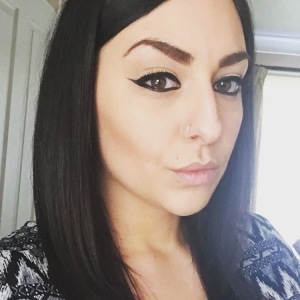Tell us a bit about yourself – what was your PhD about and where did you study?
PhD from the University of East Anglia where I genetically modified viral ligase enzymes for industry.
What do you do now? What did you decide to do next after gaining your PhD?
I’m a registered biomedical scientist working in the Haematopathology and Oncology Diagnostic Service at Addenbrookes hospital in Cambridge, UK. I will be starting as the training manager for the genomics laboratory hub in Addenbrooke’s later this year.
Has having a PhD helped in developing your career? If yes, what has been the biggest impact? If no, why do you think that is?
Yes, it has given me opportunities to teach and train students which is really useful in my current role. It has also given me the ability to problem solve in stressful situations.
What’s one piece of advice that you’d offer prospective students considering a PhD?
Make sure you take breaks and use your annual leave. Treat the PhD like a job and set yourself a structured working day.
And what one thing would you suggest that new PhD graduates should do next?
Get involved in other activities and areas that interest you (SciComm, conferences, start ups, teaching etc.)
Lastly, what’s your favourite memory from your time as a PhD student?
Meeting other PhD researchers who are still great friends.
Want to learn more about Amy?
Check out the Teatime Science Twitter and Instagram pages and Amy’s personal Twitter account using the links below:
Teatime Science Twitter | Teatime Science Instagram | Personal Twitter

